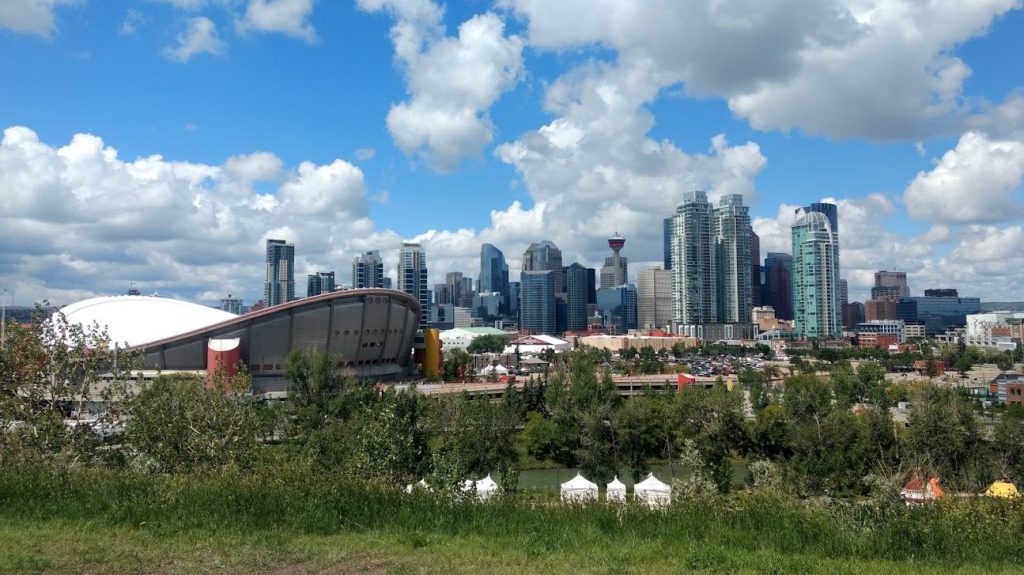Train bearing bodies from Malaysia Airlines crash reach Ukraine-held city
Posted Jul 22, 2014 3:53 am.
This article is more than 5 years old.
The remains of the victims of the Malaysia Airlines crash arrived in territory held by the Ukrainian government on Tuesday on their way to the Netherlands, after delays and haphazard treatment of the bodies that put pressure on European foreign ministers meeting in Brussels to impose tougher economic sanctions on Russia.
The crash site itself, in farmland held by the pro-Russian separatists who the West accuses of shooting down the plane, remained unsecured five days after the disaster — another source of frustration for officials around the world eager to establish the facts of the case.
After an overnight journey, a refrigerated train carrying the bodies pulled into a station in Kharkiv, a government-controlled city where Ukrainian authorities have set up their crash investigation centre. Government spokesman Oleksander Kharchenko said Ukraine “will do our best” to send the bodies to the Netherlands on Tuesday. Of the 298 people who died aboard the Amsterdam-to-Kuala Lumpur flight, 193 were Dutch citizens.
In Brussels, European Union foreign ministers were discussing whether to impose more sanctions in response to the disaster. Europe and the United States have imposed targeted economic sanctions against Russia for supporting Ukraine’s five-month insurgency that began after pro-Russian President Viktor Yanukovych was ousted by protesters in February.
The rebels control a swathe of territory in two eastern provinces, and have battled Ukrainian troops with heavy weapons including tanks and missile launchers that the West says came from Russia. Russia denies supporting the insurgency.
The sanctions so far have focused on individuals instead of entire sectors of the economy, though the EU was moving already to broaden them before the downing of the plane. British Prime Minister David Cameron said Monday that the jet’s destruction on Thursday has drastically changed the situation, and that the Russians cannot expect continued access to European markets and capital if they continued to fuel a war against another European country.
Lithuanian Foreign Minister Linas Linkevicius blamed “terrorists supplied by Moscow” for shooting down the airliner, killing all aboard. He said he hoped the EU will impose beefed-up sanctions on Russia. His call for an arms embargo was a direct challenge to France, which is building two warships for the Russian navy.
At the crash site near the village of Hrabove, a few rebel fighters accompanied observers from the Organization for Security and Cooperation in Europe. The farmland where the wreckage is scattered was otherwise unguarded and unsecured. Even the red-and-white tape that had sealed off the fields had been torn away.
In some places, the smell of decay and flies suggested the presence of remains under the wreckage, and observers said Monday that not all bodies had been recovered.
About 70 villagers, most of them older women wearing headscarves, gathered across the road from the site to sing Ukrainian Orthodox hymns at a memorial service led by several black-robed priests.
John Thor-Dahlburg contributed from Brussels. Also contributing were David McHugh in Kyiv and Lucien Kim in Hrabove, Ukraine.










